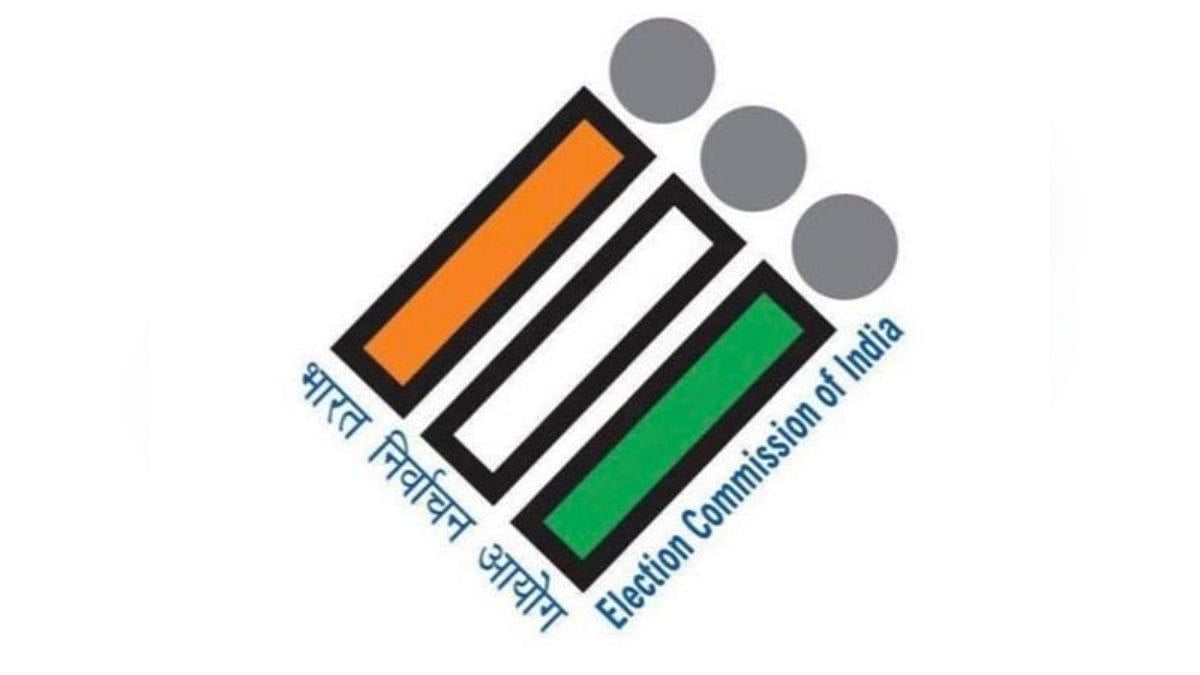Bihar Chief Electoral Officer Refutes Allegations Of Duplicate Voters In Draft Rolls, Calls Report 'Speculative And Premature'
In a post on X, the Bihar CEO underlined that the SIR is a statutory exercise carried out under the Representation of the People Act, 1950, and the Registration of Electors Rules, 1960.

Election Commission of India | File Pic
New Delhi: The Bihar Chief Electoral Officer (CEO) on Sunday issued a strong rebuttal to media reports alleging large-scale duplication of voters in Bihar's draft rolls (SIR 2025), terming the claims "speculative, premature, and contrary to the legal framework governing electoral roll management".
In a post on X, the Bihar CEO underlined that the SIR is a statutory exercise carried out under the Representation of the People Act, 1950, and the Registration of Electors Rules, 1960.
The Bihar CEO emphasised that the current draft rolls are not final. "They are explicitly intended for public scrutiny, inviting claims and objections from electors, political parties, and all other stakeholders. Any alleged duplication at the draft stage cannot be construed as a 'final error' or 'illegal inclusion', as the law provides a remedy through the claims/objections period and subsequent verification by Electoral Registration Officers (EROs)," the post read.
Responding to the figure of 67,826 "dubious duplicates" cited in the media report, the Bihar CEO said, "The figure is based on data mining and subjective matching of name/relative/age combinations. These parameters, without documentary and field verification, cannot conclusively prove duplication. In Bihar, especially in rural constituencies, it is common for multiple individuals to share identical names, parental names, and even similar ages. The Supreme Court has recognised such demographic similarities as insufficient proof of duplication without field inquiry."
ALSO READ
The Bihar CEO added that all demographically similar entries flagged at the draft stage are subject to field verification and can be challenged by stakeholders during the ongoing claims and objections period. "Nevertheless, if demographically similar entries are found, they are being identified and removed during the claims and objections period. In such cases, all stakeholders can inform the Electoral Registration Officer, file their objections, and necessary action can be taken," the Bihar CEO added in the post.
The Bihar CEO also highlighted that it uses ERONET 2.0 software to detect Demographically Similar Entries (DSEs), which are then verified on the ground by Booth Level Officers and EROs before any deletion. "This layered process ensures genuine electors are not disenfranchised by an automated algorithm," it said.
Regarding allegations of 5,000 duplicates in Valmikinagar, the ECI noted, "In the case of Valmikinagar, it must be stated that a detailed report regarding the 5,000 persons alleged to be duplicates should be provided. Only then can any investigation be considered relevant. Merely giving out a number on an imaginary basis does not establish any fact as correct."
The poll body also addressed cases highlighted in the report, such as "Anjali Kumari" of Triveniganj and "Ankit Kumar" of Laukaha. "These may arise from clerical error, migration-related multiple applications, or misreporting at the household level. Each such case is subject to correction upon verification during the claims and objections window (ending 1st September 2025). The legal process is still open. Form 8 has been filled for both cases of Anjali Kumari and Ankit Kumar," it said.
The ECI dismissed allegations that electoral rolls were "locked" to prevent large machine-scale analysis. "Under Rule 22 of the Registration of Electors Rules, 1960, electoral rolls are made available in prescribed formats to ensure integrity and prevent misuse. Making rolls "non-scrapable" is a data protection safeguard, not an attempt to conceal duplication. The Honourable Supreme Court already issued directions on this in the case of Kamalnath vs Election Commission of India 2018," the statement added.
The Bihar CEO also criticised projections that "lakhs of duplicates could exist statewide." "Such extrapolation is speculative and legally untenable. Courts have repeatedly held that allegations of large-scale duplication must be substantiated with verified evidence, not statistical projections," it said.
Reiterating the statutory framework, the Commission said, "Section 22 of the Representation of the People Act, 1950, empowers EROs to delete names of duplicates if conclusive proof emerges. Hence, there exists a statutory mechanism to continuously address duplication. Any elector or booth-level agent of any political party suspecting duplication has locus standi to file a specific objection under Rule 13 of the Registration of Electors Rules, 1960."
(Except for the headline, this article has not been edited by FPJ's editorial team and is auto-generated from an agency feed.)
RECENT STORIES
-
-
-
-
-